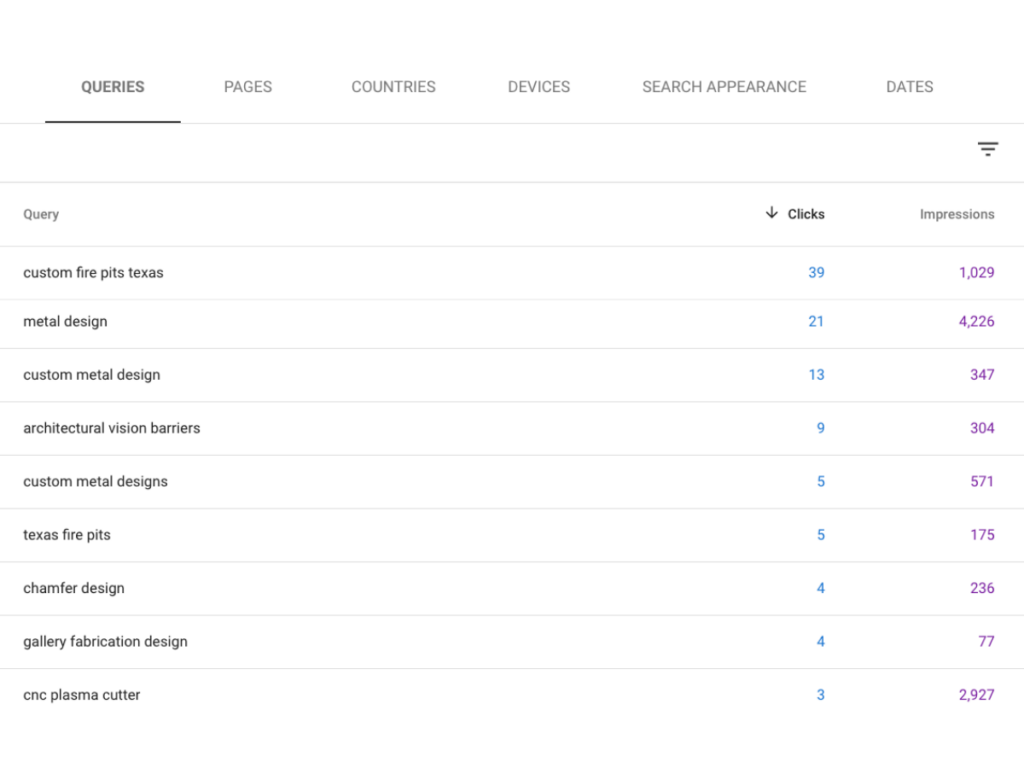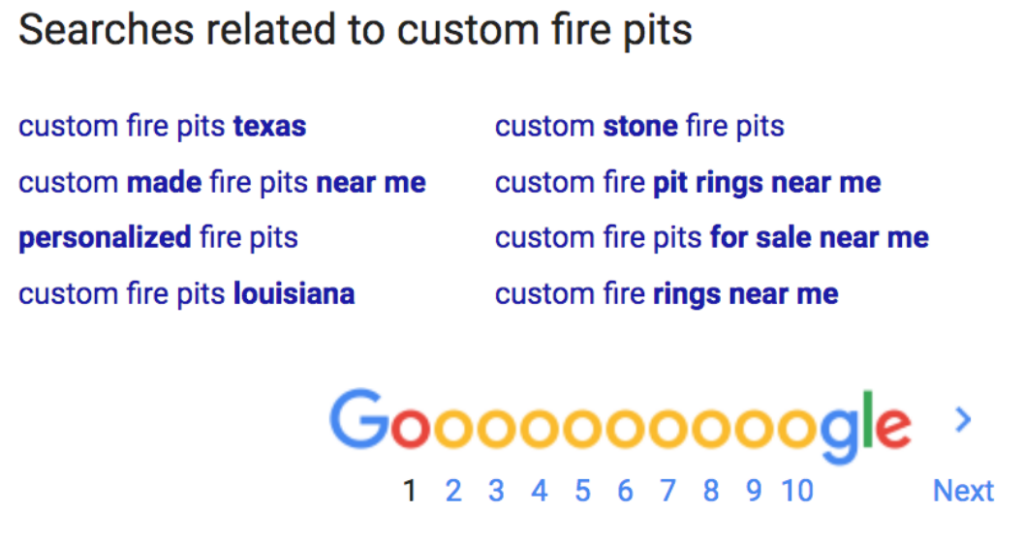
How to Choose Keywords for SEO: For Beginners
Digital Marketing Tips / Get Found
Search Engine Optimization (SEO) has been one of the most dramatically changing marketing channels in the past decade. Google is constantly updating its algorithm and has successfully deemed content is king in today’s marketing world.
What you want to rank for and what your audience wants to read can be two very different things. The key is to focus on creating relevant, informative content, while using keywords that fit seamlessly into the content.
How to Choose Keywords for SEO 101
Although keyword stuffing and spammy content are now punished by Google, one thing has always remained important: knowing how to choose keywords for SEO. Keyword research allows you to better understand what people are searching for and how many people are searching for it.
Do you have content that is ranking on the second or third page of Google? Using keyword data and optimizing specific pages on your website based on relevant, highly searched terms with low competition can give your website a big strategic advantage and the opportunity to rank on the first page.
Do you need to write a blog or content for your company website but are unsure what will appeal to your target audience? Keyword research is a great way to figure out user intent. User intent is a key factor in knowing how to choose keywords for SEO and ranking well on search engines. In today’s marketing world, Google rewards pages who do more than just insert a keyword into content. Pages must actually address what the user is clicking to find out. For example, if your blog is targeting the keyword “how to rank for SEO,” the blog needs to address how to rank for SEO, and not merely try to sell an SEO product with the term stuffed in the copy. Keyword research allows you to look up these phrases that consumers are searching on a daily basis and curate quality content based off of those searches.
Free Keyword Research Tools
There are a variety of free keyword research tools that can provide insights regarding SEO.
Google Search Console is a free service offered by Google that helps you monitor your site’s presence and improve how Google crawls your site. Once you set up a Google Search Console account, you are able to track your performance, which can be helpful when determining how to choose keywords for SEO. You can see your website’s queries (what your website was shown for when people Google searched certain keywords) over a set date. You can also look at the queries for specific pages on your site. If you are not implementing the keywords on your site that are getting a high number of impressions/clicks, you might be missing out on ranking higher in Google since you are already getting found for these keywords.

Competitive research is another great tool to use as a free SEO strategy. For example, if you are in the business of selling custom fire pits and you want to target this keyword on your website, type this into Google and take a look at what your competitors are doing. What do their SEO titles look like? How are their meta descriptions worded? What copy does their landing page contain? Also, scroll to the bottom and check out the “Searches Related” box for additional ideas on keywords to target in other pages, blogs, etc.

Free Keyword Research Tools
Paid SEO services such as Moz, Yoast SEO, SEMRush and more are growing in popularity as SEO is on the rise. However, understanding how to use these robust platforms will ensure that you are getting your money’s worth. Here are a few key insights that these paid services provide that you should be aware of:
- Search Volume: This is the number of searches for a particular keyword in a given timeframe (usually a month.) This allows you to understand how many people are searching any given keyword. For example, smaller businesses might want to target a keyword that gets 11-50 searches a month for a higher chance of getting found while bigger companies might want to target keywords with higher search volumes such as 4k-5k.
- Keyword Difficulty: This is the score associated with the average difficulty of the chosen keyword. If a keyword has a higher difficulty score, it means that there is more competition for it in Google. Ideally, you want to target keywords that have less of a difficulty so you have a higher chance of ranking on the first page in search engines. Powerful sites might be able to rank for keywords in the 50s or 60s, but new sites or those with little SEO should aim for scores of 20 to 30.
Pro Tip: When choosing a keyword based off of search volume and keyword difficulty, it is also important to consider the likelihood of conversion. Just because a keyword has high search volume and low difficulty does not mean you should target it if it’s not relevant to your content or your target audience.
So, are you ready to gain more authority in the SERPs? Now that you know the basics of how to choose keywords for SEO, it’s time to start writing! Read this blog to learn more about how to actually write your content for SEO. From SEO titles to alt text, every little bit counts toward getting your site ranking on Google!
If you want the experts to handle your SEO, contact us at Frozen Fire today.